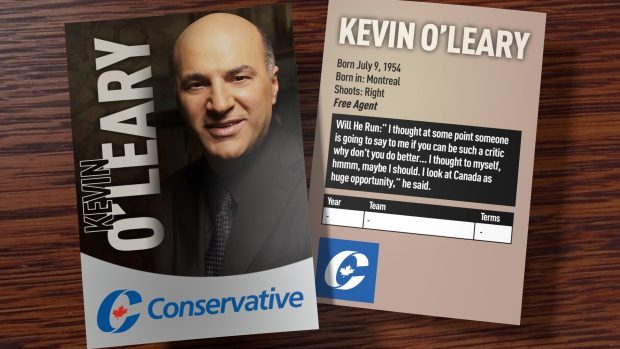Donald Trump, to his credit, has done much in recent weeks to alleviate conservative fears that he intendeds to govern as anything but a relatively standard, right-of-centre Republican. As we watch him go about his first major presidential task — assembling a cabinet — it's hard to imagine a President Cruz, Rubio, or Bush performing much different.
Nevertheless, Trump's electoral victory, and particularly his nomination victory, did undeniably thrust some tough truths on what is sometimes disparagingly dubbed America's "Conservative Inc." — the set of Washington journalists, thinkers, activists, and consultants who take ideological politics ever-so seriously.
Because Trump is disinterested in personal reform and an aggressive bluff-caller, his candidacy rested on the calculation that he could be his genuine self and no one would care. He continued to speak and act as the swaggering, crude, sarcastic celebrity he'd been since the 1980s and refused to discard some of the anti-Republican opinions he'd developed during his decades as a non-Republican. At a time when the Conservative Inc. consensus held a successful Republican had to ace an exceedingly strict set of tests, both philosophical and personal, Trump proved conservative voters were comfortable with a C student.
Would-be Tory leader Kevin O'Leary is often lazily compared to Trump, but on this front, at least, the analogy works. If anything, Canada's chapter of Conservative Inc. hates the Dragon's Den star more than anyone on the American right ever hated Trump. Canadian conservatives of a populist bent can thus be forgiven for concluding O'Leary must therefore possesses some admirably Trumpian instincts for giving the public what it wants, as opposed to what the conservative establishment believes they should.
The problem is O'Leary is far more liberal than Trump ever was, and in far more troubling places.
Despite popular mythology on the #nevertrump right that Trump was basically a "New York liberal," Trump's breaks with Republican orthodoxy have been limited to a relatively narrow handful of issues. He's been a ferocious critic of the 2003 Iraq war, and characterized NATO as a bit of a burden. He's famously skeptical of free trade, and supports stimulus spending and eminent domain — the seizing of private land for public good. To the ultra-dogmatic, these are hideous heresies, but most conservative voters had little trouble shrugging them off.
O'Leary, by contrast, breaks with most conservatives on two of their most central defining issues: radical Islam and the military.
Though his comments got almost no press at the time, last winter O'Leary stated confidently on Evan Solomon's radio show that he believes the Islamic State poses no threat to Canadians — "I actually believe the last nationality ISIS wants to put a bullet through is a Canadian" were his exact words — implying radical Islam's rage is rational, and only targets nasty countries. He went on to say he believes the sole legitimate use of the Canadian armed forces is peacekeeping, comments he further emphasized last month when he quipped there was "nothing proud about being a warrior."
During his near-decade in power, Prime Minister Harper built a large part of his brand around unqualified support for the Canadian military, which he believed had a critical role to play in the west's global war against Islamic jihadism — an opinion that only strengthened after multiple attempted Islamist terror attacks on Canadian soil. It was good policy and, it was assumed, good politics too. But what if it was less popular than it appeared?
Like Trump, O'Leary is a man too stubborn and cocksure to alter his gut instincts of right and wrong. If he runs for head of the Conservatives, he'll be gambling that rank-and-file Tories don't actually care about radical Islam and the military as much as their leaders say, and are, in fact, perfectly willing to elect an aggressive pacifist — a man to the left of Justin Trudeau on foreign affairs — so long as he says exciting and edgy things about taxes, oil, and Kathleen Wynne.
The possibility is deeply disturbing. If O'Leary is successful, it would prove much of the conservative establishment in this country does not understand its own base in a fashion far more dramatic and profound than the Republican establishment misread theirs.
If the Tory Party becomes a vehicle for a man so profoundly wrong on the greatest existential question of our time — the need to destroy and safeguard ourselves against the evils of Islamic fascism — then any Canadian who takes such things seriously will have no choice but to look somewhere else to park his vote.
Written by J.J. McCullough






